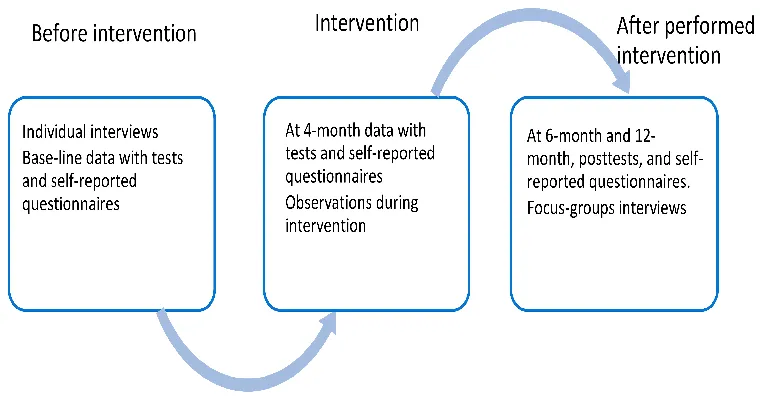Caring for a loved one who is experiencing "macular degeneration" and "first stage dementia" can be challenging, yet engaging them in suitable activities can enhance their quality of life. It is essential to choose activities that accommodate their vision impairment while also stimulating their cognitive abilities. In this article, we will explore various activities tailored for individuals facing these conditions, ensuring they remain active and connected.
1. Sensory Stimulation Activities
Engaging the senses can be particularly beneficial. Consider activities that involve touch, smell, and sound. For example, "aromatic therapy" using essential oils can evoke memories and promote relaxation. You can also create a tactile box filled with different textures, such as fabrics, sponges, and natural elements like pinecones or smooth stones. These activities not only stimulate the senses but also encourage conversation and reminiscence.
2. Music Therapy
Music has a profound impact on emotions and memory. Create a playlist of your loved one’s favorite songs or genres. Singing along or simply listening can evoke positive feelings and memories. You might even consider introducing simple musical instruments, like maracas or tambourines, which can promote physical activity and coordination.
3. Puzzle and Game Activities
While traditional puzzles may be difficult due to vision impairment, there are large-piece puzzles designed specifically for those with low vision. Choose puzzles that feature bold colors and familiar images. Similarly, large-print playing cards or board games can be an excellent way to engage their mind while promoting social interaction.
4. Arts and Crafts
Artistic activities can be incredibly fulfilling. Consider projects that involve "painting with large brushes" or using "finger paints", as they allow for creativity without requiring precise vision. Additionally, crafting with materials that are easy to handle, such as clay or fabric, can provide a sense of accomplishment and enhance fine motor skills.
5. Nature Activities
Spending time outdoors can be refreshing and invigorating. Take short walks in a local park or garden where they can enjoy the sights and sounds of nature. Encourage them to touch plants and flowers, enhancing their sensory experience. If mobility is an issue, consider setting up a small garden at home where they can participate in planting and watering.
6. Reminiscence Therapy
Reminiscence therapy involves discussing past experiences and memories, which can be comforting and mentally stimulating for someone with first-stage dementia. Create a scrapbook filled with photos, letters, and mementos from their past. Spend time going through the scrapbook together, encouraging them to share stories and memories associated with each item.
7. Simple Cooking Activities
Involving your loved one in cooking can be both enjoyable and rewarding. Choose simple recipes that allow them to participate in safe tasks, such as mixing ingredients or washing vegetables. The aromas and tastes can trigger memories and provide a sense of accomplishment.
Conclusion
Finding "activities for someone with macular degeneration and first stage dementia" can significantly enhance their day-to-day life. It is essential to choose activities that are not only enjoyable but also aligned with their capabilities. By focusing on sensory engagement, music, art, and reminiscence, you can create a supportive environment that fosters connection, joy, and mental stimulation. Remember to be patient and adaptable, as each individual’s needs and preferences may vary.





